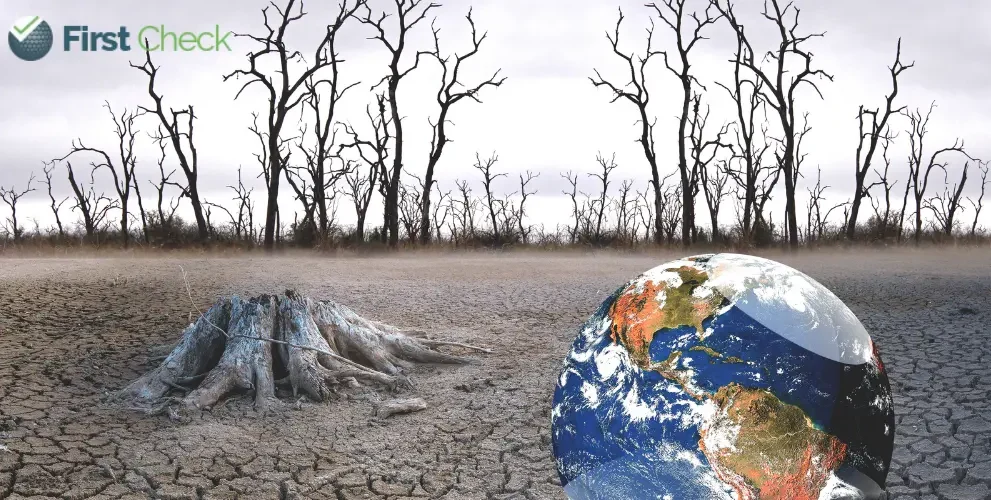Climate change poses significant health challenges for kids, elders, pregnant women: Study
Author
Author
- admin / 2 years

- 0
- 3 min read

Author
Nearly 2,50,000 additional deaths per year are estimated from malnutrition, malaria, diarrhoea, and heat stress due to climate change between 2030 and 2050.
As 2023 was the warmest year on record in over 170 years, with numerous climate emergencies like wildfires, cyclones, flooding, and extreme heat, serious health complications are arising for pregnant women, newborns, children, adolescents, and older people, according to a new collection of four papers published in the Journal of Global Health. The papers say that despite these vulnerable groups facing significant health challenges due to climate change, their specific needs have been largely neglected in the climate response.
Authored by experts from the World Health Organization (WHO) and academics from around the world, the collection titled ‘Climate change impacts on health across the life course’, reports a number of physical and mental health impacts that arise due to different climate hazards. According to the WHO, between 2030 and 2050, climate change is projected to cause nearly 2,50,000 additional deaths per year from malnutrition, malaria, diarrhoea, and heat stress alone.
Taking extreme heat as an example, the authors note that preterm births – the leading cause of childhood deaths – spike during heatwaves, while older people are more likely to suffer heart attacks or respiratory distress. Each additional one degree Celsius in minimum daily temperature over 23.9°C has been shown to increase the risk of infant mortality by as much as 22.4 per cent.
Similarly, ambient air pollution increases the likelihood of high blood pressure during pregnancy, low birth weight, preterm birth, and negative impacts on foetal brain and lung development. It raises risk of respiratory illness among children and older people, who also face greater risks of cancer, cardiovascular disease, and pneumonia.
“These studies show clearly that climate change is not a distant health threat, and that certain populations are already paying a high price,” said Dr Anshu Banerjee, Director of Maternal, Newborn, Child and Adolescent Health and Ageing at WHO. “While awareness of climate change has increased, actions to safeguard the lives of those at most risk has barely scratched the surface of what’s needed. For climate justice to be achieved, this must be urgently redressed,” he noted.
While climate change affects everyone, climate-related displacements and disruptions have severe consequences for those needing regular access to health services and social support like infants, older people and pregnant women. “A healthy environment underpins health throughout life, enabling healthy growth and development in childhood and adolescence, healthy pregnancies and healthy ageing,” said Anayda Portela, scientist at WHO and an author on the papers.
Read More: World Environment Day: Invest in breastfeeding for a sustainable world









